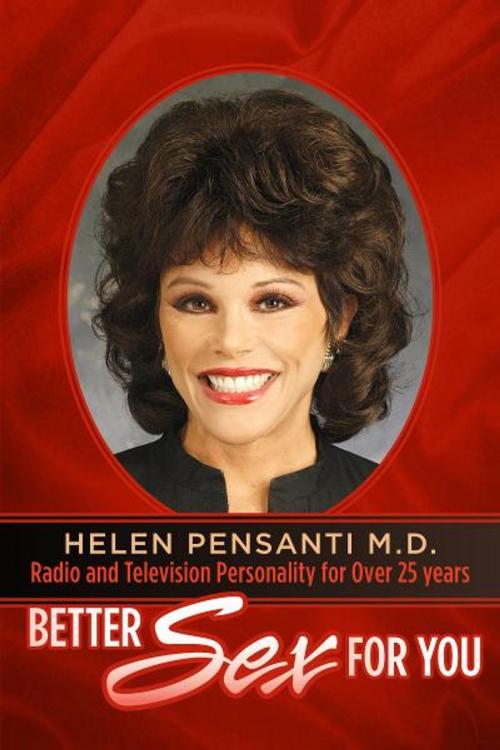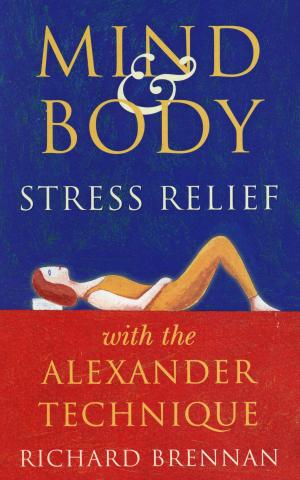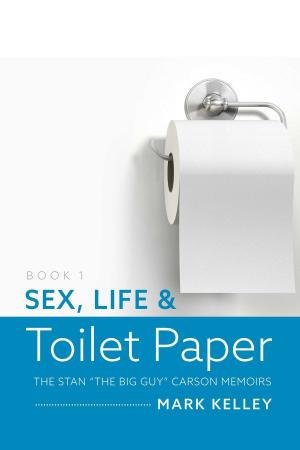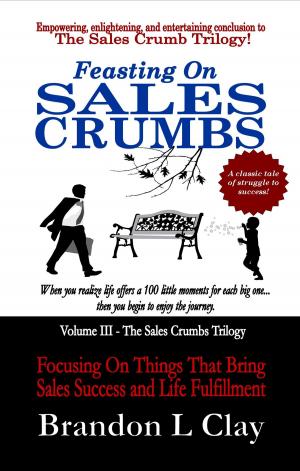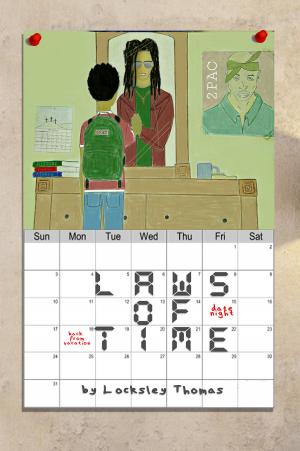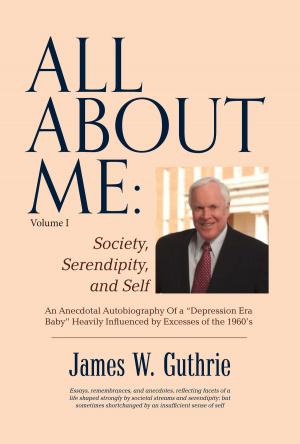Better Sex For You
Nonfiction, Health & Well Being, Medical, Alternative & Holistic Medicine, Alternative Medicine| Author: | Helen Pensanti M.D. | ISBN: | 9781617926662 |
| Publisher: | BookBaby | Publication: | July 1, 2010 |
| Imprint: | Language: | English |
| Author: | Helen Pensanti M.D. |
| ISBN: | 9781617926662 |
| Publisher: | BookBaby |
| Publication: | July 1, 2010 |
| Imprint: | |
| Language: | English |
Can you help me with my sex drive? I don’t have one.” This is the number one question I receive from thousands of people of every age, race, class and occupation worldwide. Perhaps this doesn’t surprise you—because you are one of these people. The topic of sexual dysfunction is becoming more and more prevalent in the print and television media. It seems to be reaching epidemic proportions. During the ten years that I have hosted the weekly national television program Doctor to Doctor as well as many Radio Shows reaching millions of viewers in this country and far beyond, I have received countless thousands of individual questions about sexual dysfunction and libido loss. Men as well as women seek understanding and answers. A report in a 1999 issue of the Journal of the American Medical Association presented findings showing that 43 percent of women and 31 percent of men have problems with diminished or absent sexual desire.1
Can you help me with my sex drive? I don’t have one.” This is the number one question I receive from thousands of people of every age, race, class and occupation worldwide. Perhaps this doesn’t surprise you—because you are one of these people. The topic of sexual dysfunction is becoming more and more prevalent in the print and television media. It seems to be reaching epidemic proportions. During the ten years that I have hosted the weekly national television program Doctor to Doctor as well as many Radio Shows reaching millions of viewers in this country and far beyond, I have received countless thousands of individual questions about sexual dysfunction and libido loss. Men as well as women seek understanding and answers. A report in a 1999 issue of the Journal of the American Medical Association presented findings showing that 43 percent of women and 31 percent of men have problems with diminished or absent sexual desire.1
